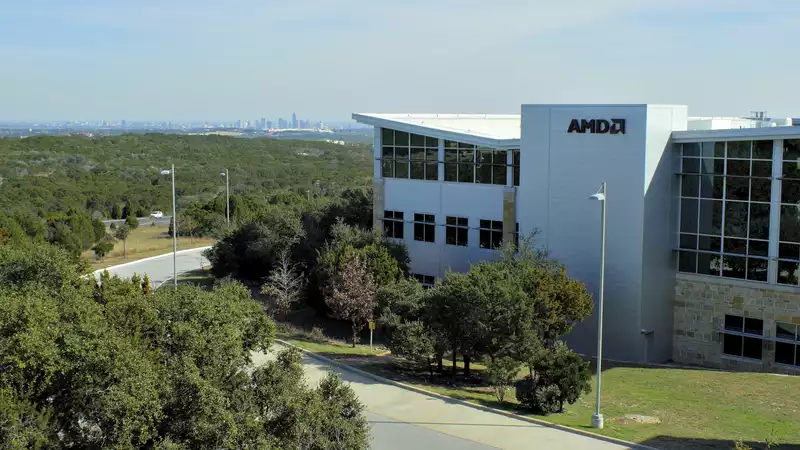Intel did not have a good day. Despite announcing a healthy profit for the quarter, it was not its ability to make money that was the topic of conversation, but the delay in its 7nm manufacturing process, not helped by the fact that its 10nm desktop chips will not be released until late next year and, moreover, that it had to face the real financial impact of this delay on its stock price. The company had to face the real financial impact of this delay on its stock price.
According to NASDAQ, Intel shares fell quickly after the rather grim earnings call, closing at $53.39 per share. Overall, Intel is still ahead of last year and clearly still making a lot of money, but the market is less confident about the challenges Intel will face going forward.
AMD's stock, on the other hand, fared much better; AMD's stock has rallied strongly this year and has been right behind Intel for the past five months. When Intel's earnings announcement began, the two companies were close, but when Intel's share price began to plummet at 4:00 p.m., AMD's share price rose as well. It ended up at $63.44 a share, up 6.5% on the day. More than anything else, it shows clear confidence in what AMD is doing and what AMD is preparing to do. For the first time ever, AMD closed higher than Intel.
Intel is still stuck using the 14nm process on its desktops due to manufacturing process issues, and while its latest Comet Lake-S chip has managed to defend its crown as the fastest gaming CPU, the gap with AMD is closing. Intel offers 10nm chips for laptops in the form of its 10th generation Ice Lake products, but these chips are lower in frequency than their 14nm counterparts.
AMD, on the other hand, has been enjoying the benefits of TSMC's 7nm manufacturing process for over a year now with its Zen 2 architecture. And with Zen 3 scheduled for release by the end of the year, there are hopes that it will finally be able to catch up to Intel in gaming performance. Basically, things are looking pretty good for AMD and pretty bleak for Intel. [However, AMD is still a small company compared to Intel, and while Intel has a big lead in overall market capitalization at $255 billion, while AMD is at $69 billion, it is definitely a sign of the times that AMD is on the rise.
Also, while Nvidia briefly surpassed Intel's market capitalization not long ago, the recent drop in Nvidia's stock price has brought its market capitalization back below Intel's at $249 billion. In other words, despite all this, Intel is still the largest of the three companies.


Comments